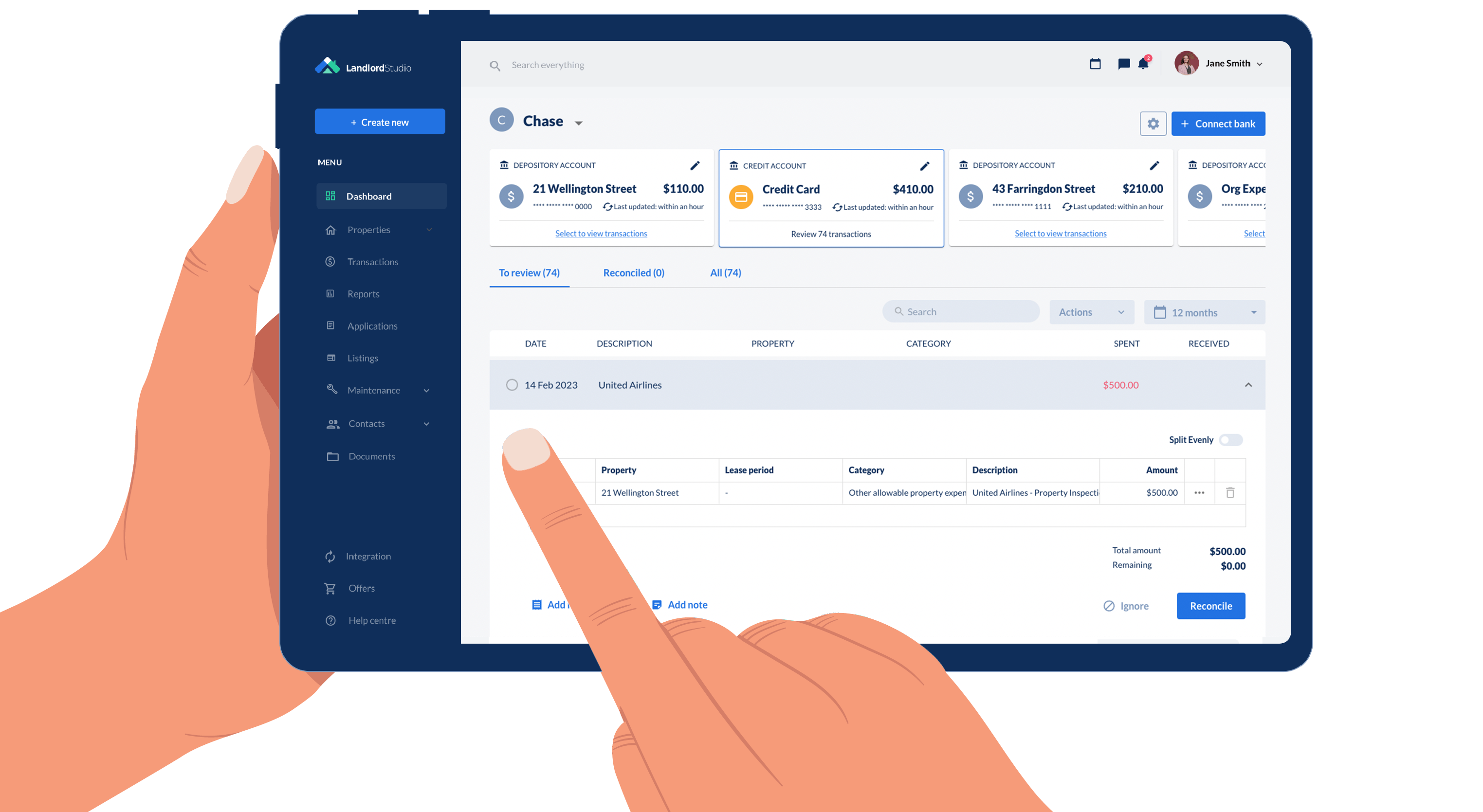The stock market is an alluring investment alternative for the general population. Doing a one-time investment in stocks is favored over different investments or trading alternatives as it earns incredible returns. Indeed, the popularity of intraday trading has increased a lot in recent times –and not just among people who have decided to get into it full time, but also among other people who have other jobs but want to do this to earn extra. What’s more, one-off losses made in such exchange don’t discourage them from proceeding forward with more trades. In this article, we will talk about intraday trading in stocks, their tax implications and reporting requirements.
What is Intraday trading?
When stocks are bought and sold around the same time before the closing chime of the stock market, it is called intraday trading. Here, the traders need to square off their exchange around the same time. The profits from such purchase and sale are taken by the traders. Therefore, in such trading, the shares are not transferred to the Demat account of the trader. This implies that there is no physical delivery purchase and sale of shares. The intention is not to invest but to earn profits from fluctuations in prices of the stock. All you need is a trading account to become an intraday trader. Intraday trading is more hazardous than putting resources into the ordinary securities trade. It is significant, particularly for amateurs, to comprehend the nuts and bolts of such trading to dodge misfortunes.To be an efficient day trader, you need to study the market, learn to analyze the technical charts for better understanding and profits. Often intraday tips sound very believable, this, however, is not entirely accurate. Pay attention to the intraday tips that come your way and be prepared to filter them by their credibility.
Tax implications of Intraday trading account:
Do take note that the income tax laws of India consider intra-day trading as a speculative transaction and the resultant income or loss as speculative gain or speculative loss, as the case might be. Further, everybody who is into intraday trading must offer profits from such action as business income. You can arrive at your business profits by considering your gross income from transactions made during the year from your yearly transaction statement and afterward reduce expenses – web charges, Demat account charges, devaluation on PC, and broker’s commission, among others – identifying with such trading business from such income, which will assist you with arriving at your taxable profits.
Incurring losses are a given in any business and the same is the case with intra-day trading as well. Interestingly, the tax provisions identifying with the treatment of losses from such movement, which is considered speculative in nature, are very not quite the same as those that manage customary business losses. While normal business losses can be carried forward for eight assessment years, a speculative loss are allowed to be carried forward for just up to four assessment years. Further, a speculative income is considered as a distinct business, losses from which can be set off just against speculative income and not against some other income, including income from some other business the taxpayer are engaged in.
Loss, whenever incurred, must be accounted for in your return. Reporting helps you carry them forward to future years and adjust the losses against income of subsequent years and appropriately diminish your tax liability. Losses must be accounted for in Schedule CFL under “Loss from Speculative Business”.What is most significant is that in the event that you have a loss in your intraday trading business, try to record your return inside the due date.Not doing so can prohibit you from carrying forward your losses. Just keep in mind, you can claim your losses by filing an ITR-3 only and not an ITR-4.
Coming back to question. Can reporting intraday trading reduce your tax liability? Yes, it can. We hope this article has been helpful.












Comments